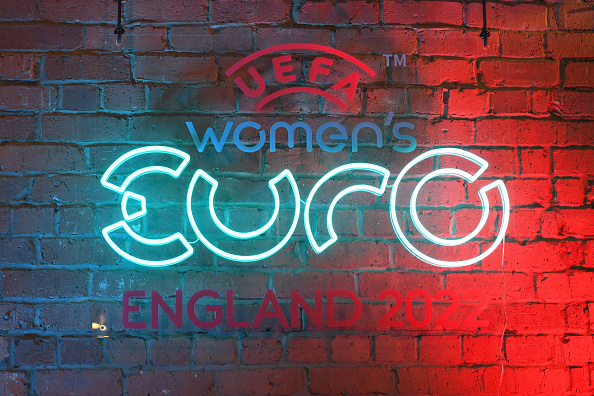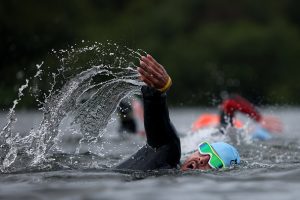
AFTER declaring that “fairness of competition is paramount,” triathlon has become the first sport in the UK to exclude transgender athletes from competing in the female category at both elite and grassroots levels.
Transgender athletes above the age of 12 will now be required to participate in an ‘open category’ for “all individuals including male, transgender and those non-binaries who were male sex at birth,” according to British Triathlon’s new regulation, which takes effect on 1 January 2023.
Following an extensive and thorough consultation process, British Triathlon today (6) announced its new transgender inclusiveness policy.
Only “for those who are the female sex at birth” would a second “female category” be applicable. Any race that is timed or awards prizes shall be subject to the rules.
They would be able to represent Great Britain, England, Scotland, or Wales in female competition. The regulation will also be in effect internationally.

“Where this is competitive activity, fairness is paramount,” said Andy Salmon, chief executive of British Triathlon. “Our sport is gender-affected.
“Athletes who were born male have an advantage over athletes who were born female and their advantage is significant in swim, bike and run. And we concluded that physiological advantages are retained after testosterone suppression.
“We believe this is the right policy for triathlon in Great Britain, and the right time to publish it. We have taken legal advice and are confident it’s legally robust.”
According to the organisation, the new strategy was adopted in response to a study of more than 3,000 members, which revealed that 80% of respondents supported the two categories.

Stonewall, the organisation that advocates for LGBTQ+ rights, criticised the “inflammatory rhetoric” that it said accompanied the issue over transgender athletes’ involvement in elite sports.
“In sport, inclusion should always be the starting point. Everyone deserves to benefit from the sense of well-being and community that sport brings – and that includes trans people”, a group spokesperson said.
In the UK, triathlon which combines swimming, cycling, and running, is growing in popularity.
Meanwhile, the UEFA European Women’s Championship, also called the UEFA Women’s Euro, will be played from 6 to 31 July in England with 15 other nations joining the hosts.
Venues may be found in Brighton & Hove, London, Manchester, Milton Keynes, Rotherham, Sheffield, Southampton, Trafford, Wigan, and Leigh.
The tournament begins today (6) with England taking on Austria at Old Trafford. The path to Wembley is now open to all competing teams.
Following the 2005 competition, in which Germany won, England is hosting it for the second time. The most recent championship game was won by the Netherlands at home in 2017.
The UEFA Women’s Championship, an international football competition held every four years for the women’s national teams of Europe, is in its thirteenth year.